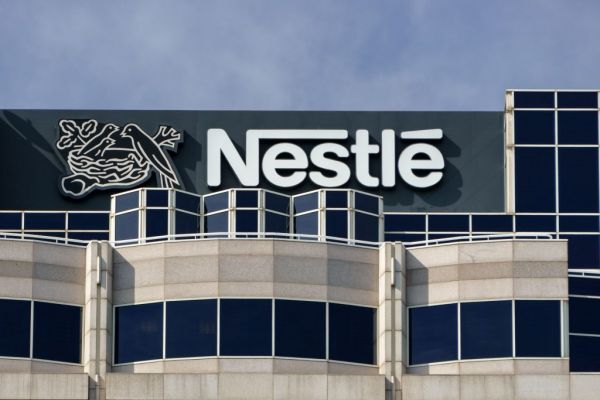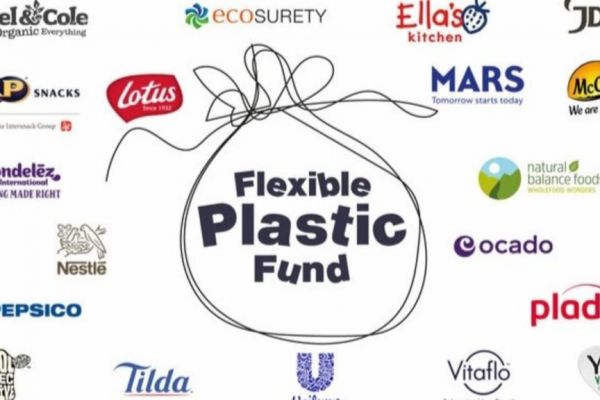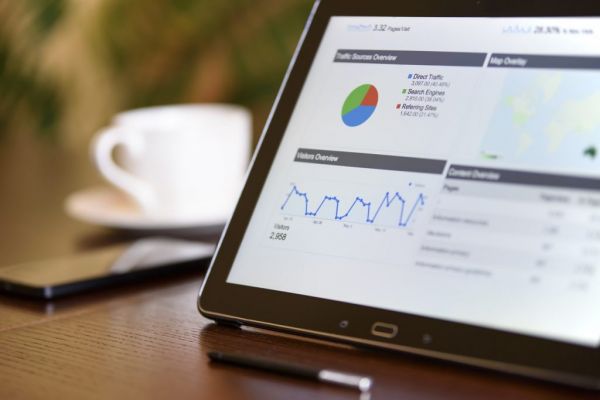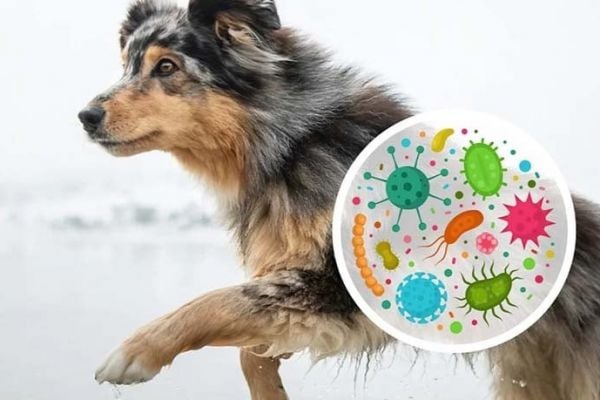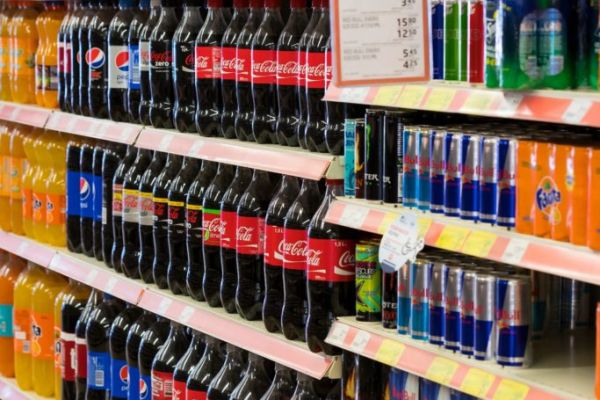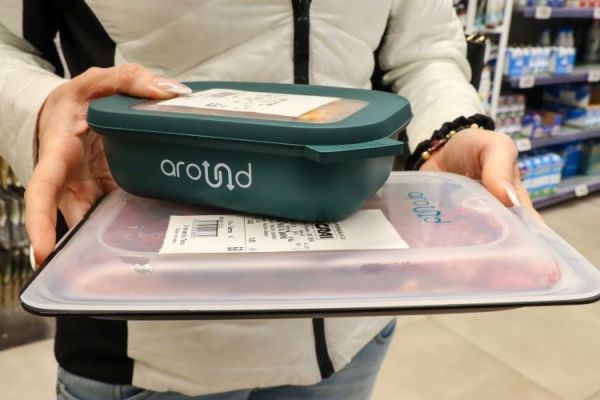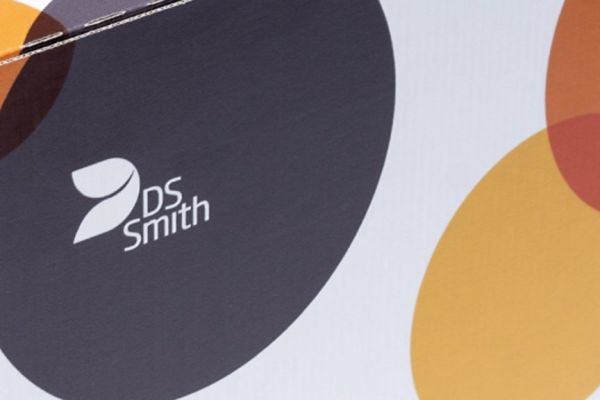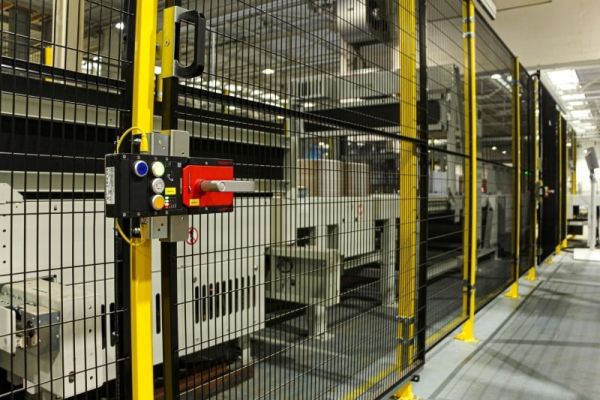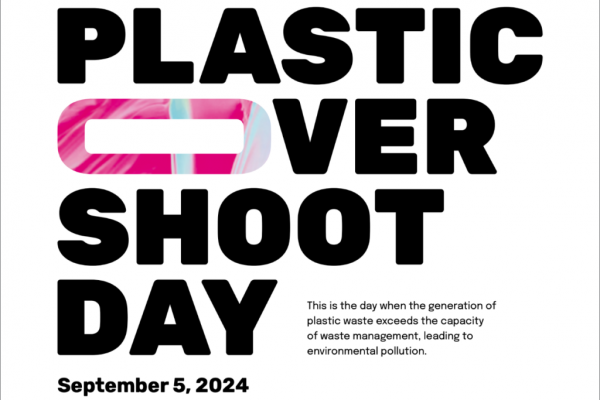Nestlé wants to make all of its packaging recyclable or reusable by 2025, becoming the latest food company to vow to reduce plastic waste, however, charity Greenpeace said that the company has "missed the mark" when it comes to effective ways of tackling the issue.
European governments have stepped up efforts to reduce plastic waste from littering land and sea, and companies across the food supply chain are following suit.
For example, UK supermarket chain Waitrose pledged on Tuesday to ban disposable coffee cups from its shops by this autumn.
Collective Approach
"Plastic waste is one of the biggest sustainability issues the world is facing today. Tackling it requires a collective approach," Nestlé chief executive Mark Schneider said in a statement.
"We are committed to finding improved solutions to reduce, reuse and recycle. Our ambition is to achieve 100% recyclable or reusable packaging by 2025," Schneider added.
The world's biggest packaged food company said that it would focus on eliminating non-recyclable plastics, encourage the use of plastics that allow better recycling rates, and eliminate or change complex combinations of packaging materials.
"We are working on changing the colours used for our plastic packaging. Lighter colours are easier to recycle," Nestlé sustainability expert Duncan Pollard told reporters on a call.
Greenpeace Responds
Responding to Nestlé's announcement, however, Greenpeace said that the company's statement does not include clear targets to reduce and eventually phase out single-use plastics.
“Nestlé’s statement on plastic packaging includes more of the same greenwashing baby steps to tackle a crisis it helped to create," said Greenpeace oceans campaigner Graham Forbes. "It will not actually move the needle toward the reduction of single-use plastics in a meaningful way, and sets an incredibly low standard as the largest food and beverage company in the world.
"The statement is full of ambiguous or non-existent targets, relies on ‘ambitions’ to do better, and puts the responsibility on consumers, rather than the company, to clean up its own plastic pollution," added Forbes.
Forbes added that a company of Nestlé's size should "set a strong standard" when it comes to the reduction and phasing-out of plastics.
"It should know by now that recycling efforts are not going to clean up our oceans, waterways and communities. On the contrary, the company’s business as usual will only accelerate plastic pollution."
Rival Efforts
Nestlé rival Unilever said last week that it had struck a partnership to pioneer a new technology that converts PET (polyethylene terephthalate) waste back into virgin-grade material for use in food packaging.
The company already committed last year to making all of its plastic packaging reusable, recyclable or compostable by 2025.
Coffee chain Starbucks is doing its bit by offering customers a discount on their drinks if they bring in their own tumblers or cups.
The British government announced plans last month to introduce a deposit return scheme for single-use drink containers, and EU regulators have said that they want to increase the recycling of plastic, after China banned imports of 'foreign garbage' from the start of 2018.
News by Reuters, edited by ESM. Additional reporting by Stephen Wynne-Jones. Click subscribe to sign up to ESM: European Supermarket Magazine.
